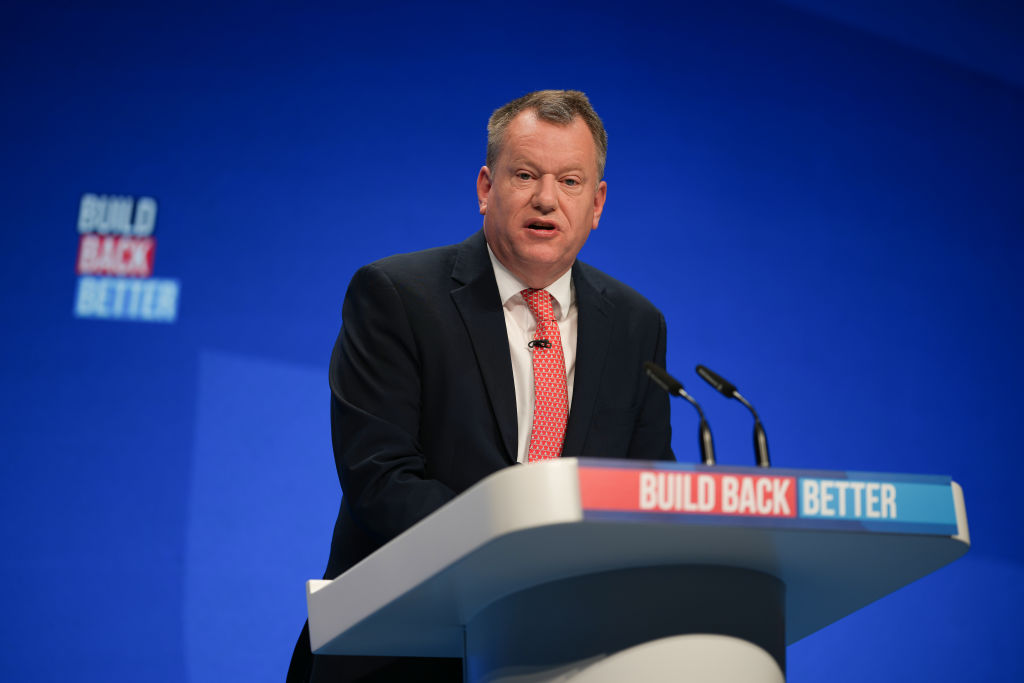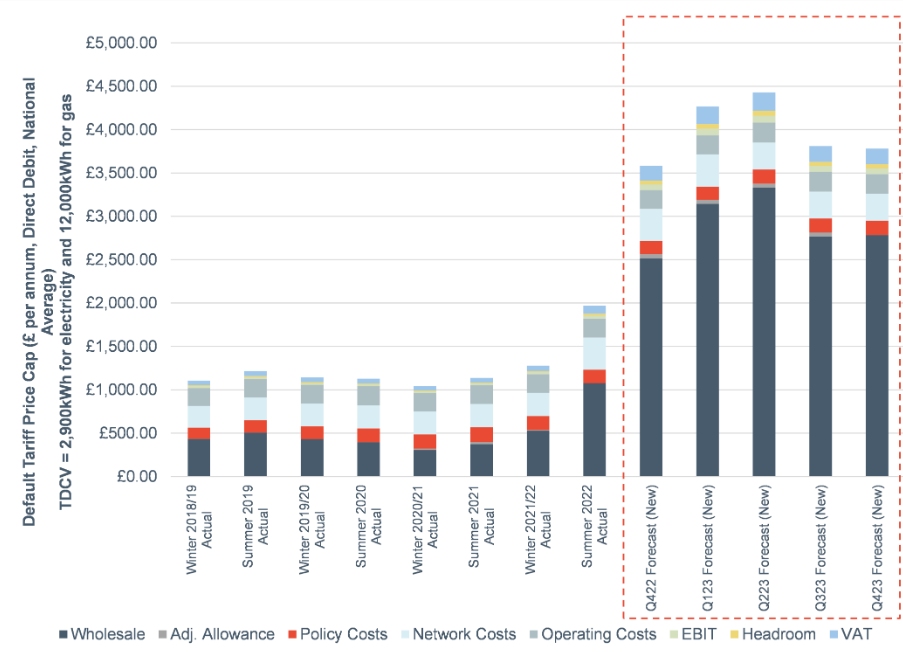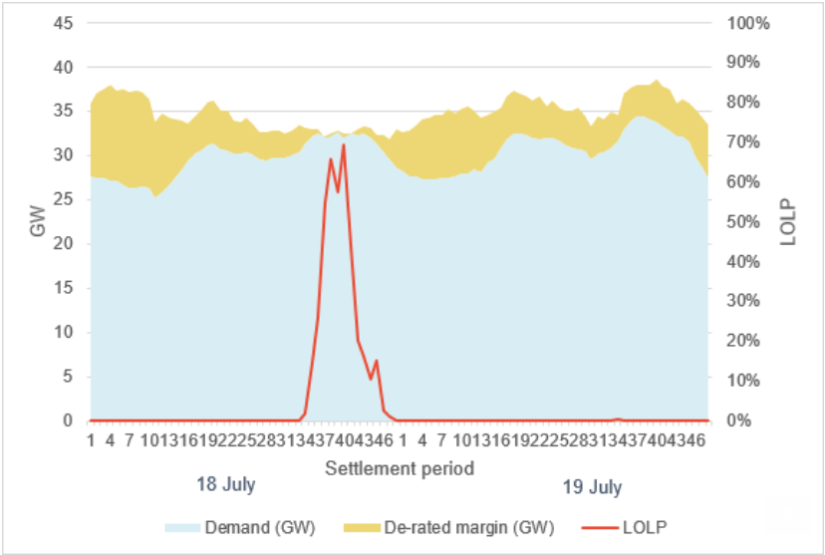Exclusive: Energy boss slams Lord Frost for ‘guilty men’ net zero criticism

The boss of a UK supplier has slammed net zero critics who have blamed renewables and climate policies for the ensuing energy crisis.
Nigel Pocklington, chief executive of eco-friendly firm Good Energy, accused renewable sceptics of attaching a cultural agenda to a crisis that could leave millions of Brits at risk of fuel poverty this winter.
He singled out Lord David Frost (Lord Frost) – the former chief Brexit negotiator and prominent backer of Tory leadership hopeful Liz Truss – who wrote a column in The Daily Telegraph comparing net zero advocates to the “guilty men” of the Second World War.
Pocklington told City A.M.: “I think it is hugely retrograde and frankly utterly irresponsible of people with some sort of public platform to try to pin on their own cultural political agenda to the energy crisis. Particularly Lord Frost’s article, drawing the parallel to appeasement in the 1930s, which is grossly offensive nonsense.”
In his view, the crisis was driven chiefly by poor management in the energy sector and soaring wholesale costs, which make up the lion’s share of people’s record energy bills.
He explained: “This is a gas issue. You can paraphrase Clinton with this, ‘It’s about the gas price stupid.’ That’s it, 95 per cent of these price increases are driven by the wholesale cost of gas.”

This is reflected in the composition of the energy price cap, which shows wholesale costs dominating energy prices, while “green levies” make up an increasingly small per cent of the bill – estimated at between four and eight per cent over the the winter.
Near-record spikes in gas prices have contributed to multiple forecasts that the energy price cap will climb as high as £5,000 per year next winter, more than double the current cap – which is already at an all-time hih.
He also argued that net zero had nothing to do with a legacy of underinvestment in nuclear power or onshore wind turbines, which had exacerbated the UK’s reliance on overseas natural gas vendors.
The energy boss added: “I think depressingly, you saw it with Coronavirus as well, the politicisation of an obvious external shock and obvious crisis with an obvious cause gets in the way of aligning around solutions.”
Commenting on the departing Prime Minister Boris Johnson, Pocklington said that while he is “by no means his biggest fan,” the Tory leader was right to recognise reducing carbon in our energy system is “both an environmental necessity but also a key energy security measure.”
Tough winter looms as Government scrambles to secure energy supplies
In a column earlier this week, Lord Frost hammered the UK’s domestic energy policy as “criminally negligent” and said it was time to “get serious about energy policy.”
Commenting on the future direction of the Tory party, he wrote: “The choice by net zero proponents to rely on renewables and interconnectors, and to run down storage, means we face blackouts, hideous business-crushing costs, and people shivering and dying in the cold. The people responsible for this are as culpable as the ‘guilty men’ whose policies ended up with German tanks at the Channel coast in 1940. They must be swept away from Day One.”
The National Grid’s electricity system operator is forecasting there will be sufficient power to avoid blackouts this winter, however critics have noted it is pricing in above-average overseas supplies being available via interconnectors.
Earlier this summer, during the July heatwave, the National Grid was forced to pay record prices for energy from Belgium to stave off blackouts.
There are also concerns about supply storage – with the UK lacking the ability to contain more than four days of gas supplies – with proposals to bring the Rough storage site back online unlikely to ameliorate conditions in time for winter.

There have also been warning signs of potential disruption on the continent, with continued outages in nuclear generation in France, alongside disruptions caused by droughts in both Norway and Germany.
Meanwhile, Russia continues to squeeze supplies into Europe – widely viewed as retaliation to Western sanctions on the country following its invasion of Ukraine – with flows on the key Nord Stream 1 pipeline into Germany now down to 20 per cent.
This has seen the Government model potentially four days of blackouts in January as an extreme worst case scenario.
Germany, Austria and Netherlands have already brought in emergency plans in case of supply shortages.
Nevertheless, over the medium and long term, Downing Street is continuing to back renewables, with offshore wind and solar power both featuring prominently in the country’s energy security strategy unveiled in May.
While Lord Frost has previously described wind power as “medieval” – the Government has set a target of 50GW of offshore power by the end of the decade, with wind generation achieving record low prices at the latest auction for sites.
Lord Frost has been approached for comment.